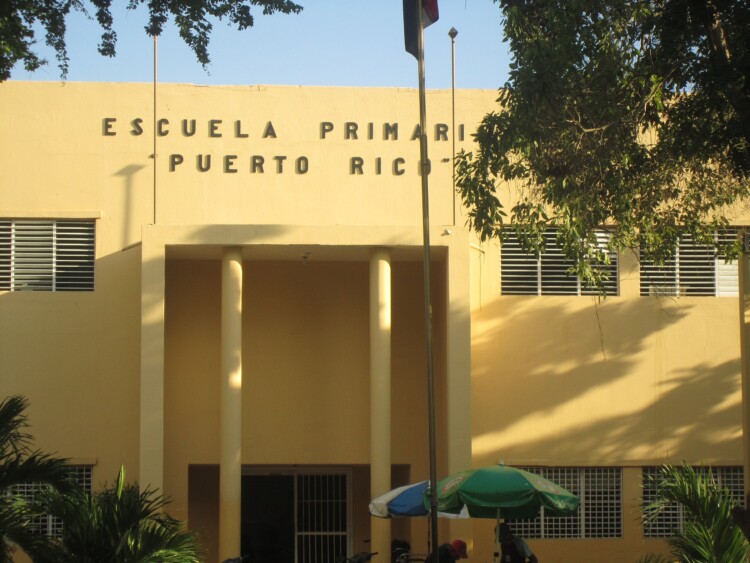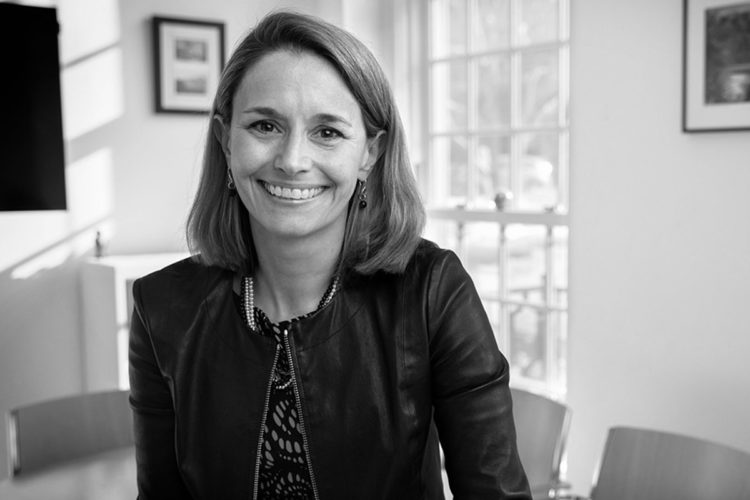Community-engaged research that involves partnerships between university researchers and community organizations is often positioned as a universal good. Yet even with attention to trust building and strong communication, the research endeavor can privilege the labor of university-based researchers over their community partners and delegitimize community partners’ contributions to knowledge production. As community-engaged researchers, we knew of these and other complex ethical and epistemic issues that pervade the work, and we wanted to explore them more deeply with research. Our study concentrated on 15 partnerships that received seed funding between 2011 and 2015 through the University of California Center for Collaborative Research for an Equitable California (CCREC; now closed) housed at the University of California, Santa Cruz. The funding supported equity-oriented problem-based collaborative and community-engaged research aimed at addressing the state’s interrelated crises in the economy, education, employment, environment, health, housing, and nutrition.
Here we explore findings from in-depth interviews with community partners, acknowledging that community partners are a diverse stakeholder group and do not share a singular vision for the research endeavor. Additionally, we note that the line between community and university may not be as clear as one might imagine; in 6 of the 15 projects, the “community” partner had previously been affiliated with the university, as a student, a staff member, or an instructor. These intersecting affiliations are perhaps unsurprising, given the ways that relationships are built, and we found that they affect community partners’ interest in research, their familiarity with research methods, and their positionality in the social and research dynamics of a collaboration.
Navigating institutional authority for producing knowledge
Community partners consistently highlighted the importance of attending to issues of epistemic injustice, or in/exclusions that elevate or marginalize certain individuals and groups of people as holders and producers of knowledge. They expressed frustration with institutional powers—such as funders and policymakers—who considered the research that they produced subjective, biased, or illegitimate. As one respondent described:
…when [information] comes to someone from somewhere…from the community, [it] might not be valued as something important, or as something [where] there was actual knowledge. But when it comes from researchers, specific prestigious universities and they think it’s, ‘Oh, wow. ‘So-and-so’ said it, so it must be.’
A number of community partners sought strategic work-arounds to this problem. For example, one community partner insisted on lead authorship for partnership publications and reports so as to reposition their organization as a credible knowledge producer. The community lead on this project stated:
When we put out a report there’s immediate questioning. So we have worked very hard over the last decade really to establish ourselves as a source of our own credible expertise and research.
Contending with how funding undervalues ‘on the ground’ research aims and labor
Community partners also identified issues in how the research enterprise was funded for community-engaged research projects. They expressed frustration that universities were not better prepared to support the goals of community-based research, while they had better readiness to work with industry and other more lucrative sectors. For example, one said:
I think so much of the research that goes on in all the knowledge and expertise and time that people have at universities can go toward … research that is fulfilling needs of industries or people with money to fund research and not communities that don’t have money to fund research.
They understood that when “the priorities on the ground” could not get funded, academics would turn to industry or other funding sources that then would define the research aims. They hoped and intended that community-engaged research approaches would open spaces for the “on the ground” questions to drive research directly addressing community needs and generate findings that would not be distorted by how those with institutional power or resources defined the issues and potential solutions.
Community partners’ concerns extended to inequities in the structures and allocations in the budgets of grant-funded collaborative research projects themselves. Respondents noted that grant budgets embody values, and yet often excluded support for their staff members’ time in supporting or conducting the research. Even in the select group of equity-focused collaborative projects in this study, when the material labor of research was paid for, a majority of community organizations did their part of the work unfunded. One community partner talked about funds being enough to pay for equipment and convenings, but not for their time in the process:
We put a budget together and the money was used to buy the equipment because none of us are researchers so we don’t have the equipment…I think we had two gatherings in [locale]. Then we had another gathering in [locale]. Then we used some of the funding for the forum, the community event. So we were really aware that we had a budget. So we saved some money for the actual report because we wanted the community to have in their hand one of the copies.
And when asked by the interviewer if they were compensated for their own time on the project, this partner said that all their staff who worked on the research project did so as volunteers.
Establishing responsibility and accountability
As our study revealed, community partners along with their academic collaborators are caught in multiple complex ethical and epistemic binds even when undertaking equity-oriented collaborative research. Although they did not blame their university partners—as one respondent put it, “It’s not anybody’s fault, right?”—they insisted that the structural and organizational challenges be faced. Even the valued pedagogical and collaborative research practice of integrating students in research can impose inequitable burdens; as one respondent said:
I’ll be the first to say, I love working with students. I think there’s lots of advantages for everybody [in the] collaborations, but they leave, either for the summer or they graduate. Sometimes projects don’t end on the same schedule.
The frictions inevitably produced at these multiple disjunctions need to be engaged forthrightly in order for the university to take responsibility and become accountable for how their powers and privileges position them.
Facilitating “life-changing research”
Our research raises critical ethical questions about university-community research partnerships that challenge their framing as an inherent social good since even ‘model’ projects may carry forward multiple forms of epistemic as well as social injustice in their research, policy and funding practices. This suggests a need for a thorough review of how academics appraise the benefits and harms of research, and of how they can more consistently engage community partners with humility and respect. As one respondent put it:
Don’t come with a mentality of like ‘I’m the savior,’ you know, and ‘I’m going to create something… .’ The community is already there so you just have to find ways to plug in. … to support what’s already happening.
When community-engaged research partnerships become responsible and accountable for the high stakes and complex intersections among ethics, politics and knowledge production, then they have the potential to alter concrete realities throughout the collaboration. Community research partners need their university-based collaborators to become more responsive to the community’s expressed near- and long-term material needs, desires, and aspirations, not only for specific research projects, products, and timelines, but for impactful outcomes. Collaborations sometimes did this through both the process of conducting qualitative research and the project outcomes. For example, one community partner felt strongly that the research project brought their community closer together, noting:
People just shared their life with us. They shared their story with us. They shared their heartbreak. They shared their unachieved goals. They shared their goals for their future… So we were able to collect a lot of rich data about people’s experience and what occurred that caused them to see that life could be different for them.
The quote from another community partner at the top of this post reads, “So, we are about life changing research; that’s the kind of research projects we’re interested in.” This is the ethical standard needed to fully deliver on the promise of equity-oriented community-engaged research. True equity-oriented research requires building partnerships established on trust and mutual interests, and on making the long-term commitments that transformative research for justice requires. Securing the inclusion and legitimacy of community-generated research questions and knowledge are not just fixes to the research process. They also entail substantive re-orientations at virtually all levels of the research university, including its funding sources, to enliven and warrant its public good missions. Most challenging, true equity-oriented research must upend traditional power dynamics where university researchers are viewed as apex knowledge producers. Democratizing the knowledge production process to recognize the valued and essential contributions of both the researcher and community partners is essential for creating equitable research collaborations.






